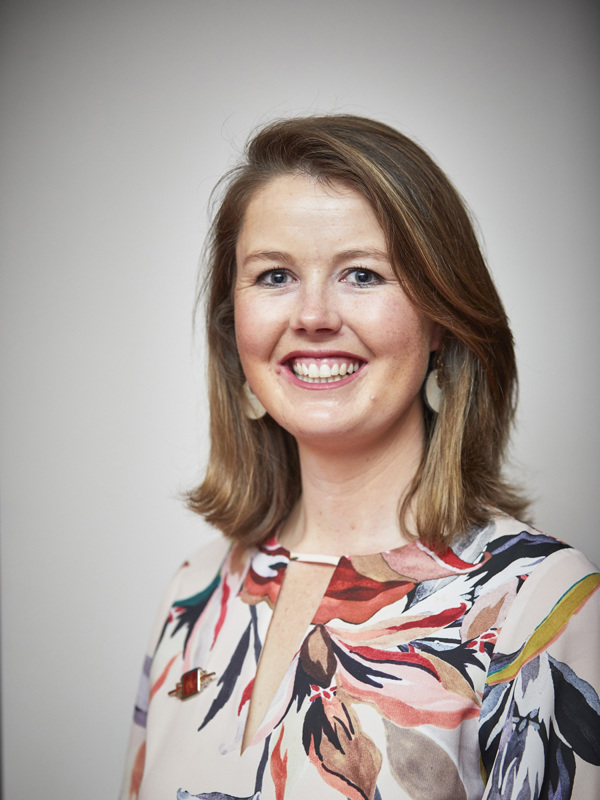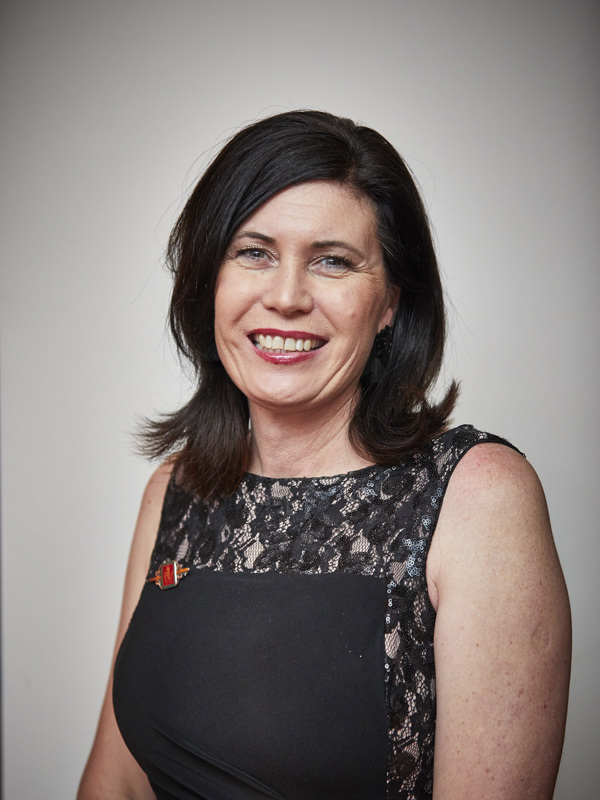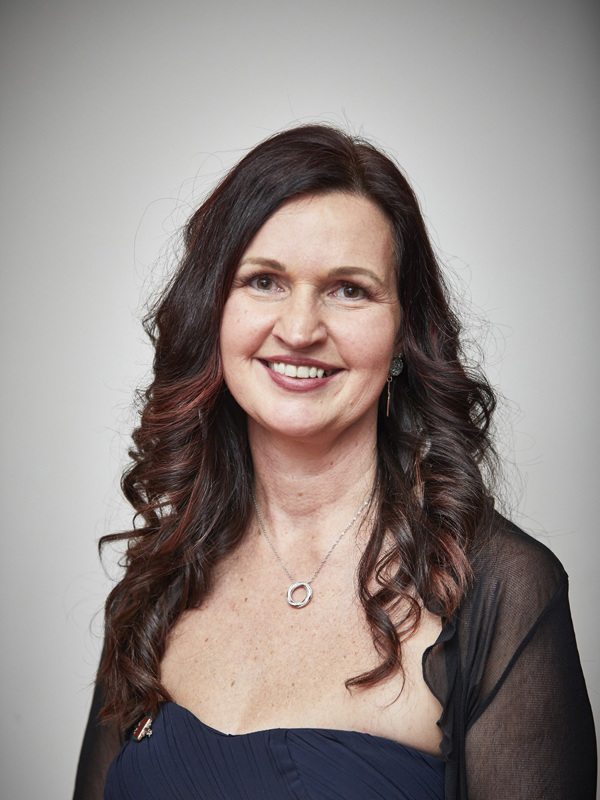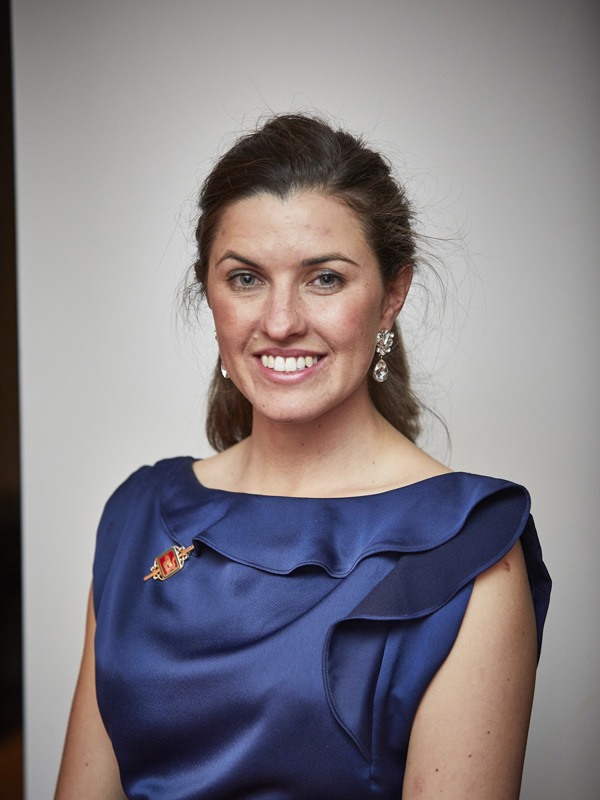
Jake Newnham
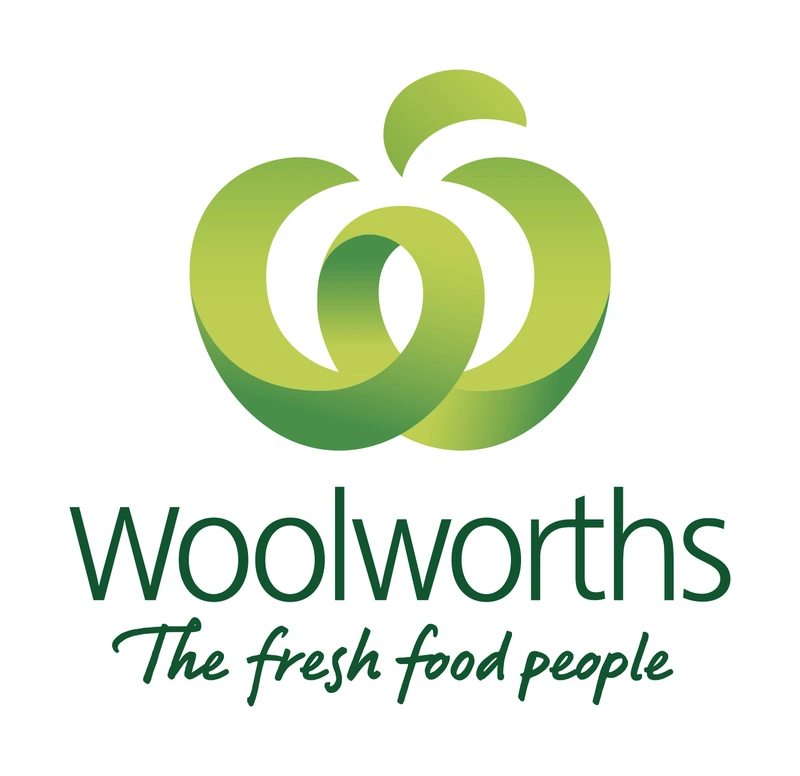
Asia’s sweet spot for Australian cherries relies on quality commitment
Improved handling and cooling are needed to ensure Australian cherries retain their position as a premium product in southeast Asia.
Visits to the US, Chile, Canada and New Zealand prompted Nuffield Scholar Jake Newnham to implement changes on his family’s cherry farm.
As a result, the Newnhams were the first in Tasmania to pack cherries in vented boxes and received great feedback from customers in Vietnam.
Jake Newnham’s overseas trip as a 2019 Nuffield Scholar provided him with the opportunity to make significant changes on his family cherry farm and benefit from face-to-face connections with growers in Chile, the United States, Canada and New Zealand. A cherry and apricot grower from Tasmania’s picturesque Coal River Valley, Jake chose to focus on cherry production and processing in Chile in particular, as the largest global supplier of cherries to China.
“In the past four years Chile has jumped from producing 100,000 tonnes of cherries to more than 300,000 tonnes, while Australia produces about 20,000 tonnes. A few years ago, Chilean returns were about $8/kg while ours were $18/kg, but it is critical that we improve quality further if we are to stay at the premium end of the market,” says Jake.
Australia’s ability to air freight quickly and efficiently to Asian markets is an advantage over the 20-day sea voyage necessary for Chile, but COVID-19 has also restricted flights and forced some local growers to ship product over summer.
Jake’s scholarship was supported by Woolworths and in his report ‘Improving Sweet Cherry Fruit Quality - Harvesting, cold chain management and packaging to optimise fruit quality and extend shelf life’, Jake identifies three key issues:
Reduce the number of times a piece of fruit is handled
Introduce cherries to the cold chain as soon as possible
Extend shelf life through vented boxes that allow forced air cooling
Properly trained workers harvesting quickly and efficiently when temperatures are lower helps to reduce potential damage, as does the quick transport of cherries to hydrocoolers that shower the fruit in chilled water and reduce its core temperature.
Jake and his father have installed a forced air (FA) cooler in their packing plant and move fruit around via cooled water flumes, that keep the fruit at around 8 degrees as it travels along the packing line. In the FA cooling room, the core temperature of the cherries is reduced to 1-2 degrees as air is drawn through specially designed vented boxes, which has to pass biosecurity regulations to be used in transit from Tasmania.
“The traditional boxes we’ve used for cherries don’t allow for air flow, but all the major production areas I visited overseas were using FA cooling through vented containers to improve shelf life. While it might not improve returns directly, the greatest benefit is the ability to hold fruit and target times of higher demand,” Jake says.
The Newnham’s will build a second FA cooling room in time for the 2021 harvest and are considering replacing their mechanical grader after Jake saw the efficiency of optical graders at work in overseas packing lines. While 2020 was a ‘reasonable’ season and the farm produced 115 tonnes of cherries, Jake says COVID-19 presented challenges for fruit exports as passenger aircraft were grounded and chartered freight flights became the only option.
“The new cooling option means our cherries could handle a 10-12 day sea voyage but we opted to send larger shipments via chartered flights to Vietnam and they were really pleased with the quality. A big selling point for our fruit overseas is that it’s freshly picked and in the markets in a few days,” he says.
Jake has appreciated the opportunity as a Nuffield Scholar to see the world cherry industry up close and bring those learnings back to Australia.
“I’m super grateful to have been able to see how other cherry growers operate in the real world rather than just learn about the industry through online research and conferences,” Jake says.
Investor Information:
Woolworths is proud to sponsor the Nuffield Australia Farming Scholarships program. Woolworths sees its relationships with suppliers as a huge part of its success. This is why these relationships are nurtured, and Woolworths gives back where it can. These positive relationships will provide Australia with the best possible produce, in the most sustainable way.
Website: www.crs.woolworthsgroup.com.au
Facebook: @Woolworths
Twitter: @Woolworths




